-
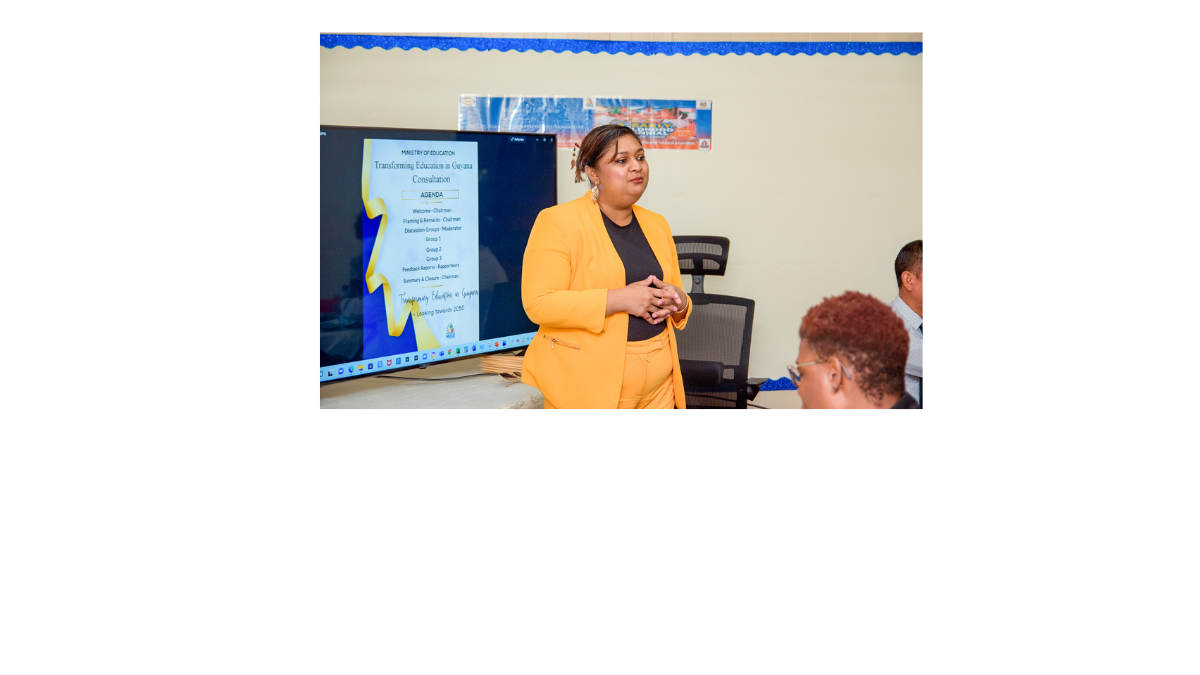
Education Ministry prepared for future disruptions to face-to-face schooling
In the event of any situation that can cause children to return to remote learning, the education minister says those…
-

Reopening of schools crucial for keeping children in system – Manickchand
Minister of Education Priya Manickchand yesterday told the National Assembly that Guyana stands the risk of losing its children if…
-
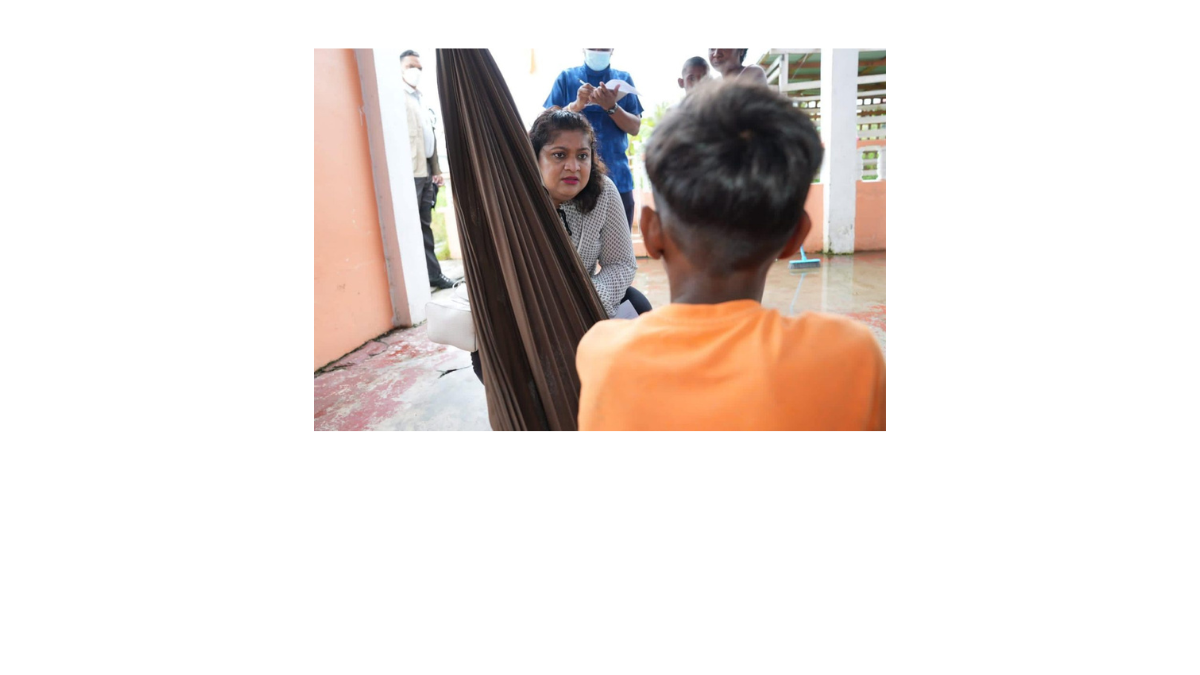
Operation Recovery
Education Minister Priya Manickchand visited Best Village, West Demerara early this morning as part of a campaign to find children…
-

With more trained teachers, improvements expected in under-resourced hinterland regions
The education sector expects a massive influx of trained teachers soon and Minister of Education Priya Manickchand says that improvements…
-
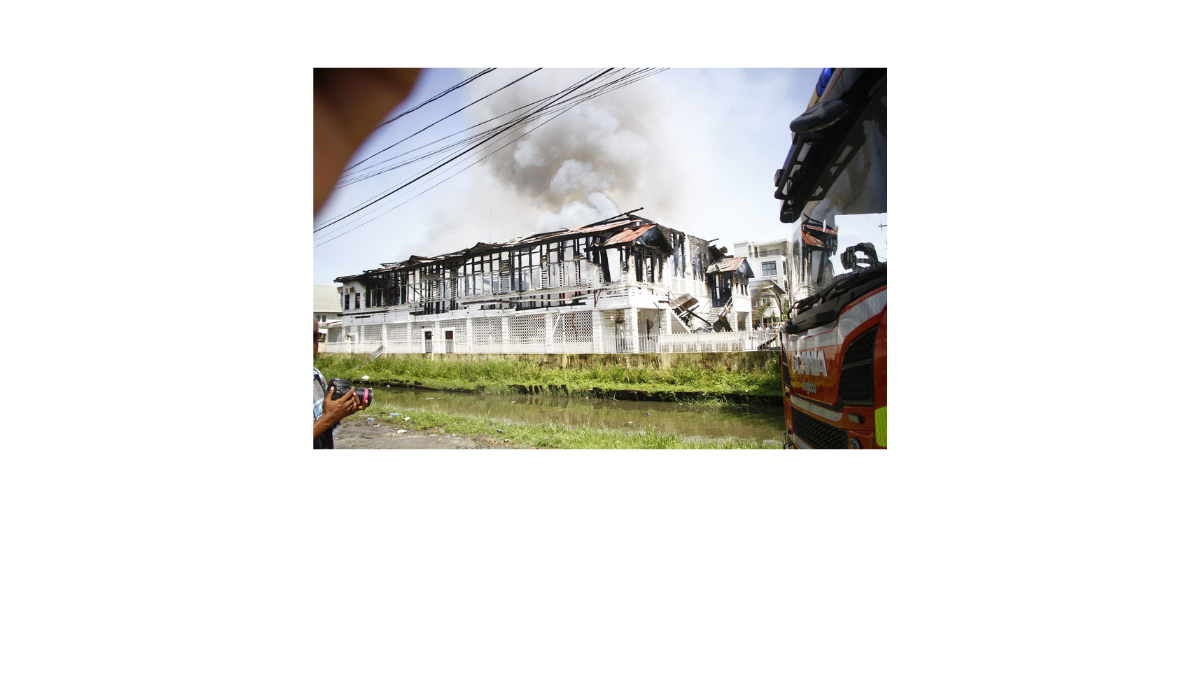
Fire-ravaged St George’s High School to be rebuilt at same location – Manickchand
Minister of Education Priya Manickchand says that the St George’s High School which was destroyed by fire in July this…
-

Education Minister wants children with autism, disabilities in regular classrooms
Minister of Education Priya Manickchand on Friday said children with disabilities must be incorporated into the regular classrooms and be…
-
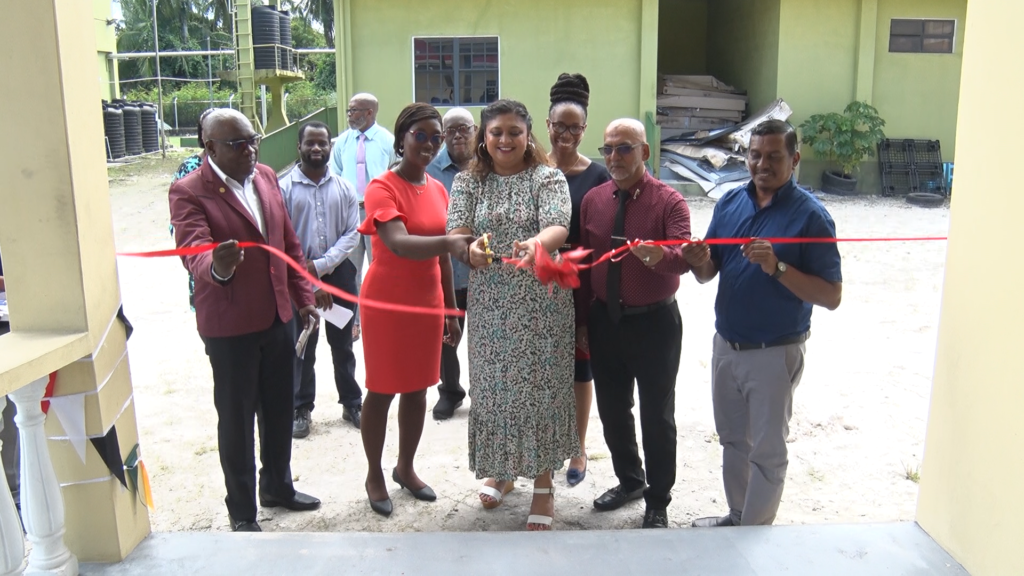
300 teachers to benefit from CPCE Region Three branch
nsidering the need for better access and accommodation for teachers to train in Region Three, Minister of Education Priya Manickchand…
-
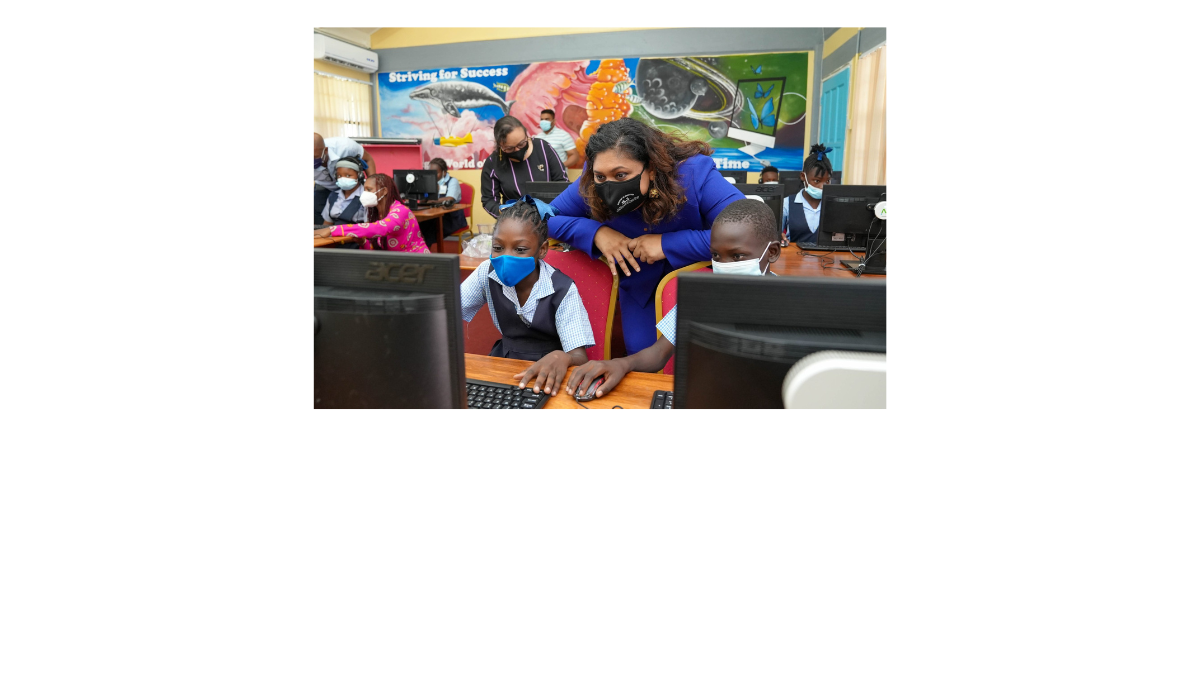
ICT lab commissioned at Redeemer Primary School
Minister of Education Priya Manickchand on Friday commissioned an Information Communications Technology (ICT) laboratory at the Redeemer Primary School in…
-
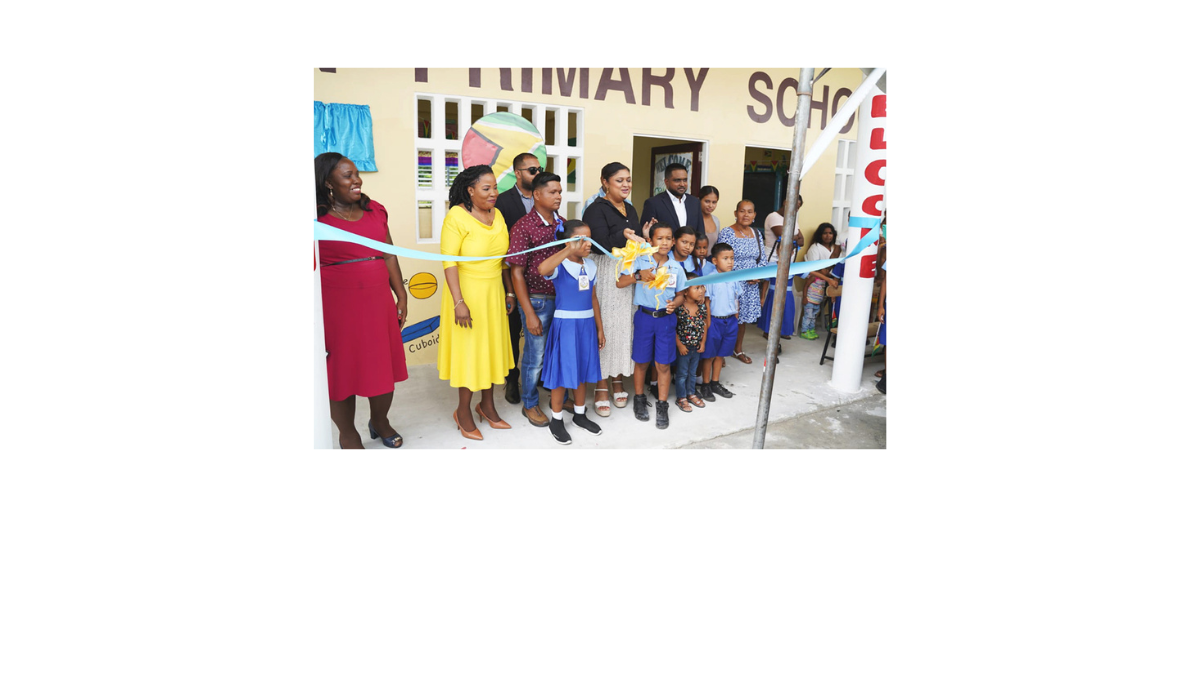
No more dangerous travelling for children of Swan with new primary school
Children who reside in the community of Swan on the Linden/ Soesdyke Highway, East Bank Demerara (EBD), will no longer…
-

New hair policy for schools goes to Cabinet
The reviewed report of the new hair policy for children in schools has been taken to Cabinet for approval, ahead…

